15 Polite Phrases From The Past That Actually Sound Super Rude Now
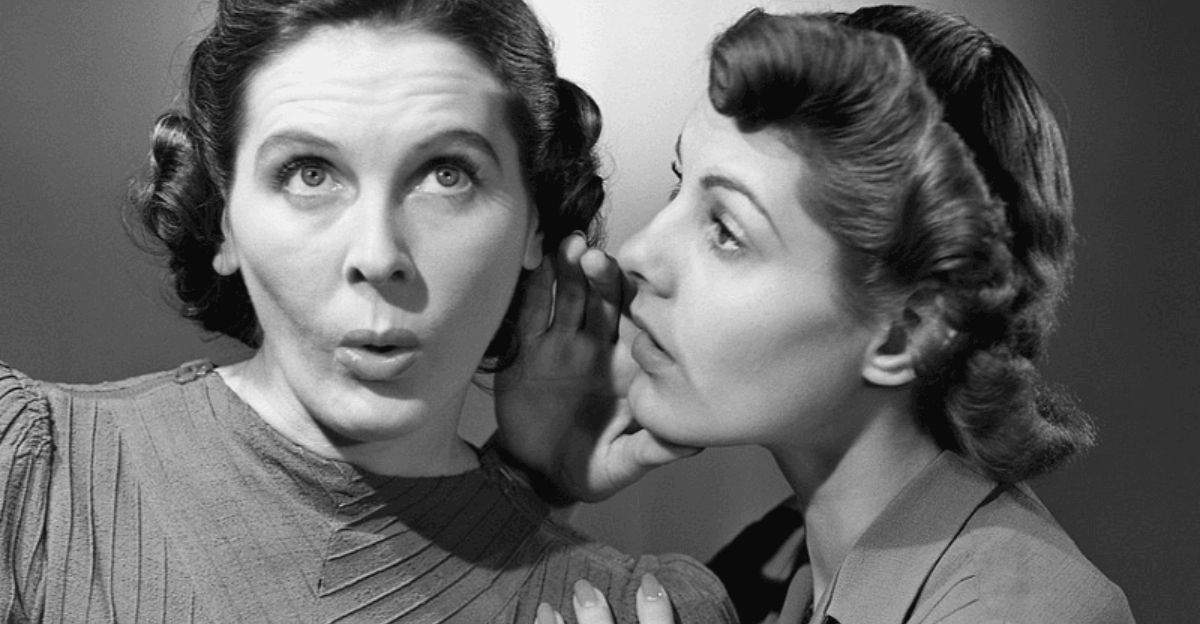
Language is a funny little shapeshifter, isn’t it? What once passed as polite small talk can now sound like a backhanded slap wrapped in a smile.
Phrases that used to charm now sting—and half the time, you don’t know whether to say “thank you” or file an emotional damage report. As a history lover and proud pun enthusiast, I can’t help but laugh (and occasionally cringe) at how yesterday’s pleasantries have morphed into today’s verbal booby traps.
It’s like time turned a compliment into an insult with nothing but a little tone shift. So buckle up for a quirky stroll through 15 so-called “polite” phrases from the past that—let’s be real—sound downright savage now.
It’s a tour of language evolution, accidental sass, and unintentional shade, all seasoned with a twist of humor. Warning: you may never hear “Bless your heart” the same way again.
1. With all due respect
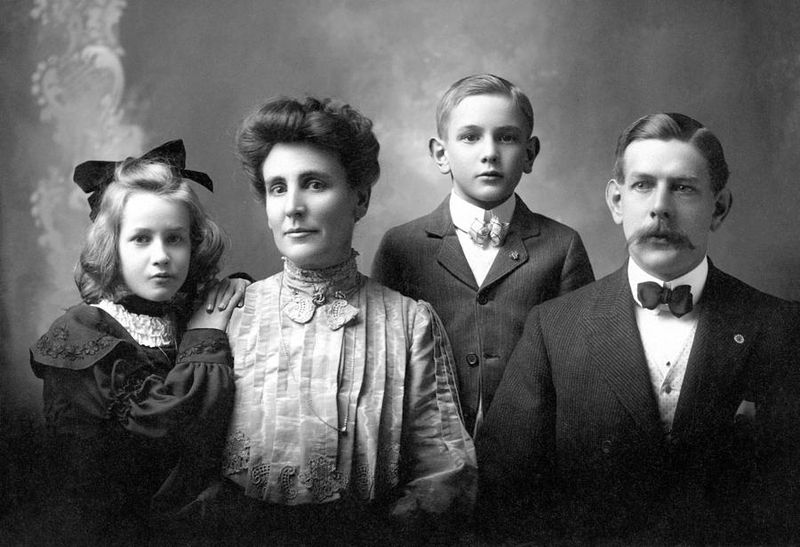
There was a time when saying “With all due respect” was the ultimate way to gently preface a disagreement. Now, it’s like saying, “Get ready, you’re about to be insulted.” Imagine my surprise when I used it at a family dinner, attempting to diplomatically disagree with Uncle Larry’s conspiracy theories.
His eyes narrowed, and I swear I heard the room temperature drop ten degrees. These days, it’s less about respect, and more about, “Here comes the disrespect, served on a silver platter.” It’s fascinating how this phrase has evolved.
Instead of softening the blow, it’s a cue for verbal warfare. It’s a polite way of saying, “I’m about to tear your argument apart.” Next time you hear it, brace yourself; it’s the calm before the storm!
2. I beg your pardon?
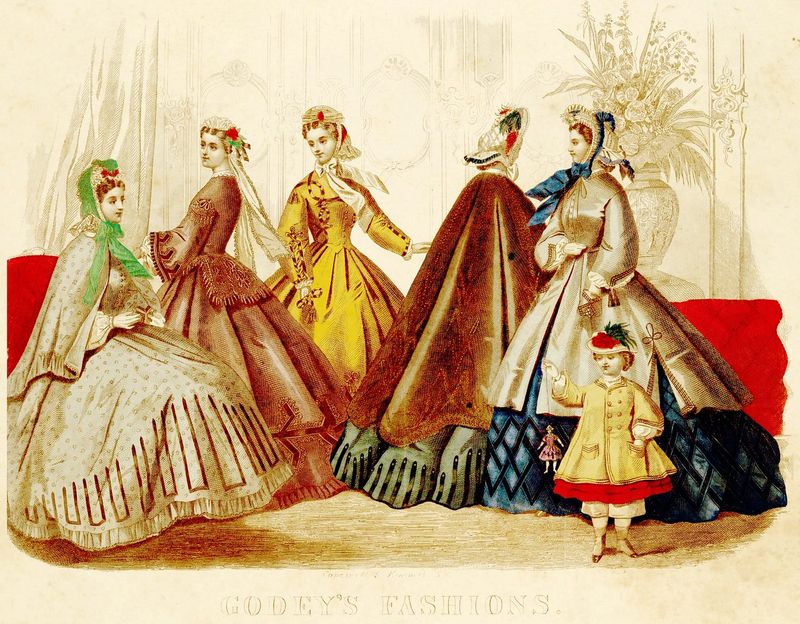
“I beg your pardon?” used to be an elegant way to ask for clarification. Picture this: I was at a tea party, and someone spilled the sugar. I asked, “I beg your pardon?” and was met with a glare that could melt ice.
Today, it’s like a verbal gauntlet thrown down, especially when paired with a raised eyebrow. It’s more “Did you just say that?” than “Could you repeat that, please?” What once was refined has become a challenge.
It’s like a duel invitation, wrapped in lace and velvet. The next time you utter this phrase, be prepared to defend your honor. Ask yourself, are you really seeking repetition, or just ready to spar?
3. You’re quite something, aren’t you?
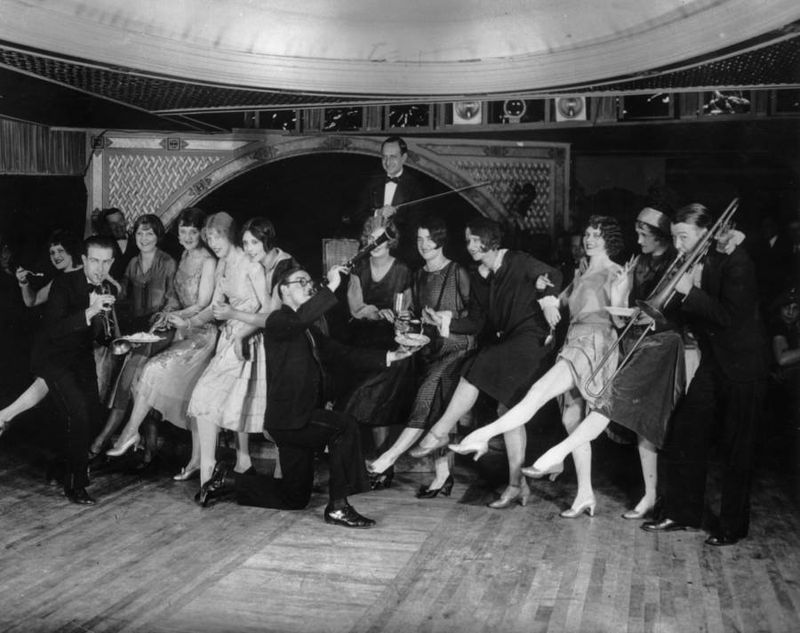
“You’re quite something, aren’t you?” used to be a fabulous compliment, akin to saying, “You’re remarkable!” But in today’s world, it often sounds like you’re accusing someone of being a handful.
I tried it on my cat, Mr. Whiskers, who was particularly mischievous that day. He merely flicked his tail and went back to plotting my demise. These words once celebrated uniqueness, but now they’re laden with sarcasm.
It’s like appreciating a tornado for its spin—impressive, yet dangerous. Be cautious when using this phrase; it’s a double-edged sword. You might mean to flatter, but it could come across as a gentle jab.
4. Bless your heart
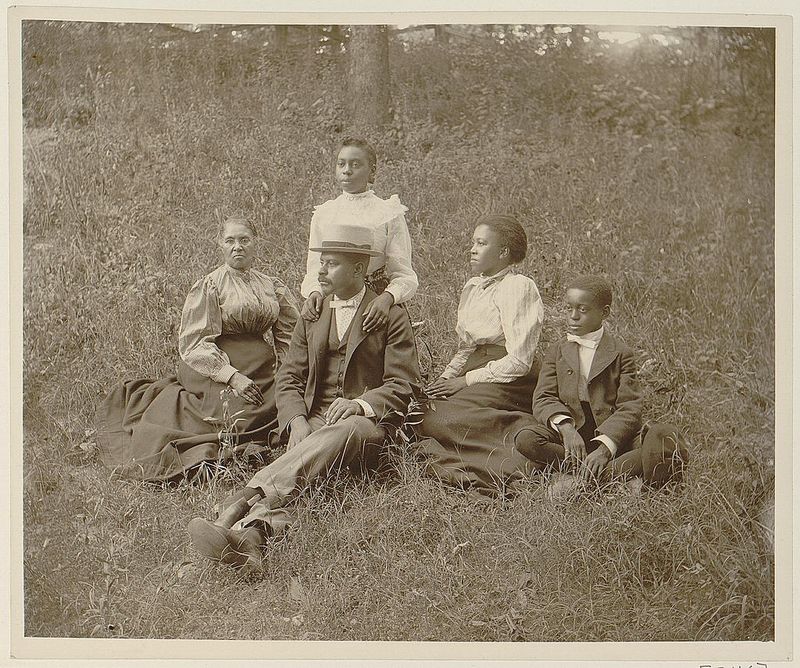
“Bless your heart,” the ever-charming Southern phrase, sounds like a hug but often means, “You poor soul.” I’ve heard it many times, and trust me, it’s not always the gospel of kindness it seems.
Once, when I made a baking disaster, my grandmother said it with a smile that was sweeter than the cake. Yet, I knew it was a polite way of saying, “Oh honey, you tried, didn’t you?”
It’s a diplomatic way of pointing out a mistake. When you hear it, gauge the tone carefully. It can be as soothing as sweet tea or as biting as a blackberry bramble. Use it wisely, darling.
5. That’s… interesting
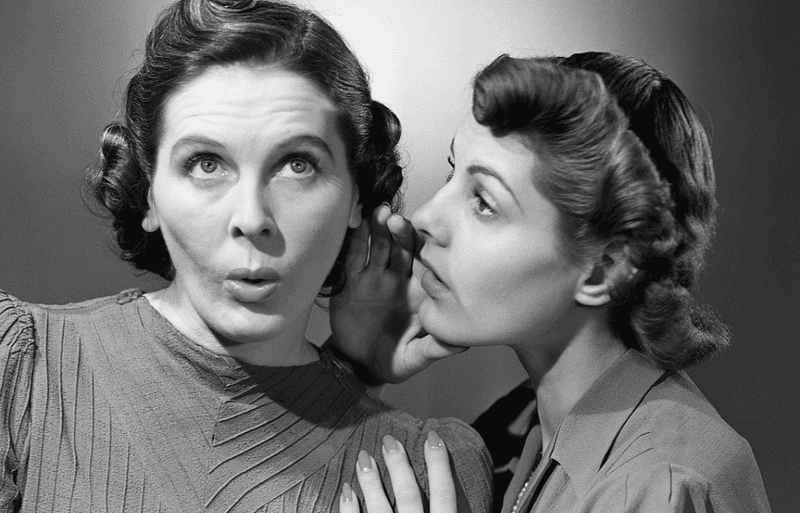
“That’s… interesting” was once a neutral comment, but now it’s a code red for judgment. Picture this: I showed my latest art project to a friend, and she responded with that classic pause.
I knew immediately she was judging. Her tone was more about the confusion than the curiosity. In the past, it was a genuine acknowledgment of intrigue.
Today, it’s the perfect cover-up for bafflement or disapproval. Your friend might as well say, “I don’t know what to make of this, but I’m trying to be polite.” So, if you hear it, prepare for a diplomatic dodge.
6. How brave of you to try that
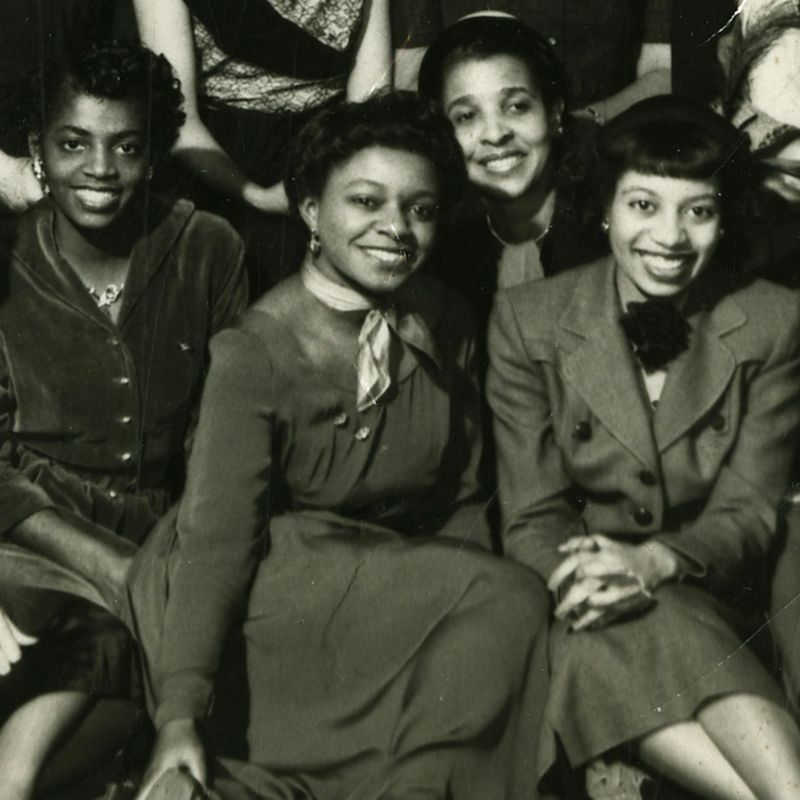
Back in the day, “How brave of you to try that” was a sincere pat on the back. Fast forward to now, and it suggests, “Nice try, but you didn’t quite make it.”
I attempted a new dance move at a party, only to be met with this phrase, accompanied by giggles. Suddenly, it felt like I was a brave explorer, venturing into unknown awkwardness.
It’s a subtle way of acknowledging effort while highlighting failure. If you hear this, smile and embrace the courage it took to even try. At least you dared to dance, right?
7. You’re looking well
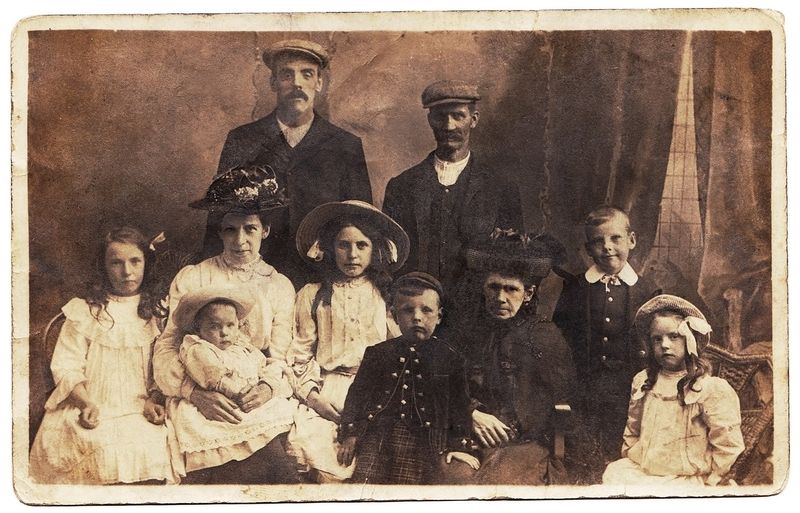
Once upon a time, “You’re looking well” was a compliment on health. Yet nowadays, it carries an undercurrent of surprise or skepticism.
I recall running into an old friend who used this phrase, with an eyebrow subtly raised. Was she surprised I was still kicking, or relieved I finally looked presentable?
This phrase can be a minefield, implying you’ve had a glow-up from a less-than-stellar past. When hearing it, interpret cautiously—it might be well-intentioned, or it might be a cleverly veiled jab.
8. It’s not for me, but…

In the past, saying “It’s not for me, but…” was the pinnacle of diplomacy. Today, it’s a polite drive-by critique.
I encountered this when showing off my new hobby—underwater basket weaving. The skepticism was as clear as the water in my basket.
What was once a way to express personal taste is now a roundabout way of saying, “I don’t get it, but good for you.” If you hear it, remember—it’s their polite way of saying, “No thanks.”
9. You’re very unique
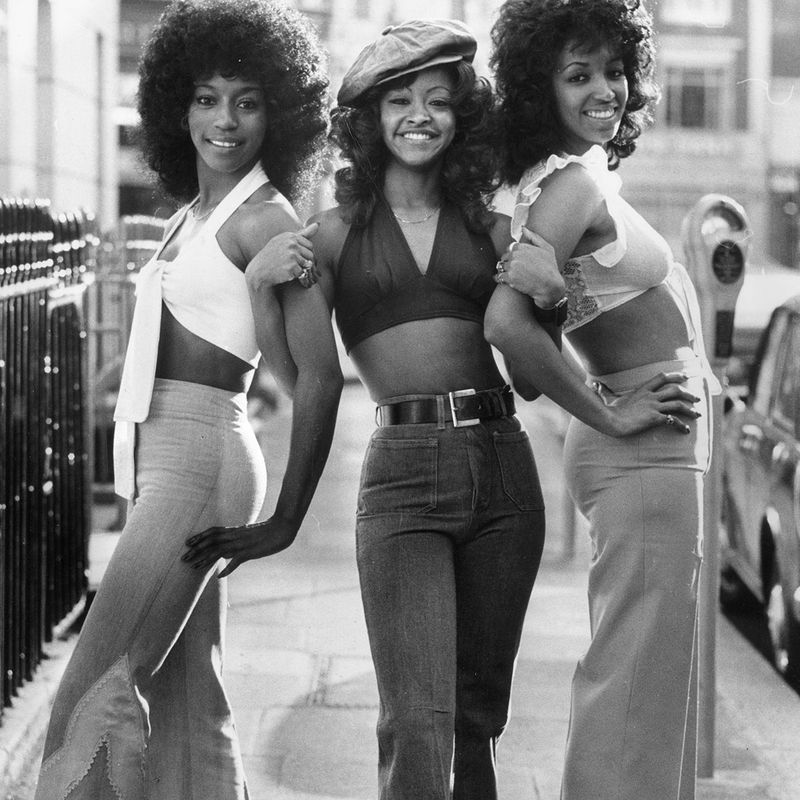
Once a quirky compliment, “You’re very unique” now carries an undertone of polite bewilderment. I remember wearing my neon green jumpsuit to a party, and received this backhanded compliment.
It’s like saying, “You’re different, but I’m trying hard to be nice about it.” It’s a way to acknowledge someone’s individuality without fully embracing it.
Next time you hear it, twirl under that disco ball and own your uniqueness. After all, standing out is better than blending in.
10. You’re so… different
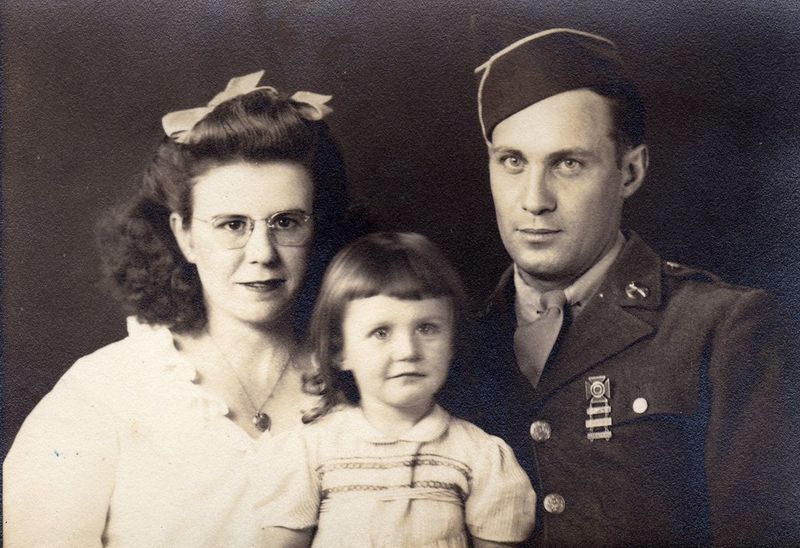
Back in the day, “You’re so… different” was meant to celebrate individuality. Now, it often implies confusion or discomfort.
I was once told this after sharing my peculiar hobby of collecting antique teapots. The pause before “different” was louder than the words.
In today’s language, it often suggests, “I don’t understand you.” Embrace it, for being different is the spice of life. Relish in the oddness and let your eccentricities shine!
11. How nice for you
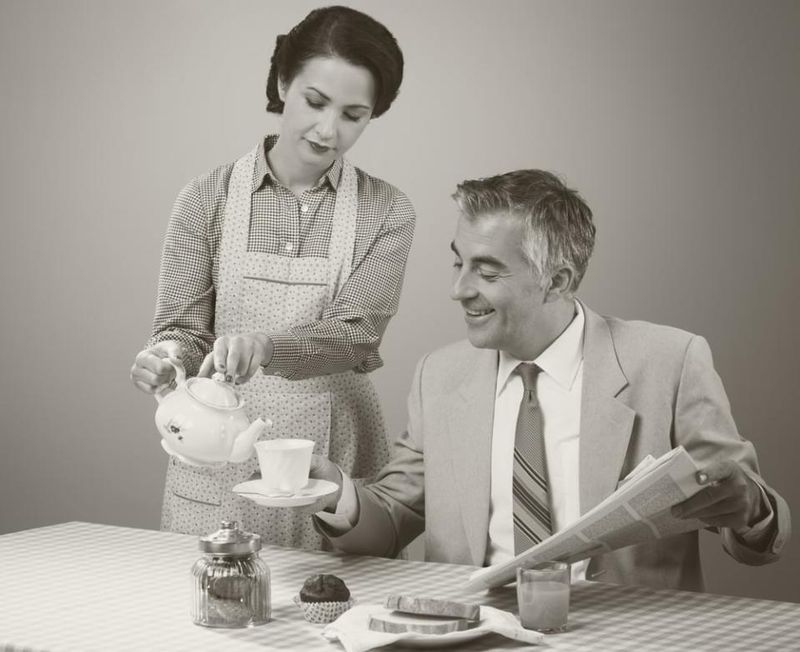
“How nice for you” used to sound supportive but now drips with sarcasm. Picture this: I excitedly announced my promotion, and my co-worker delivered this line like a cold dish.
The undertone was clear—it was more about envy than excitement for me. What once was a cheerleader’s cry is now a sugary facade.
If you happen to hear those words, don’t be fooled by the sweetness. It might just be a polite mask for envy or indifference.
12. I wouldn’t have chosen that, but it works for you
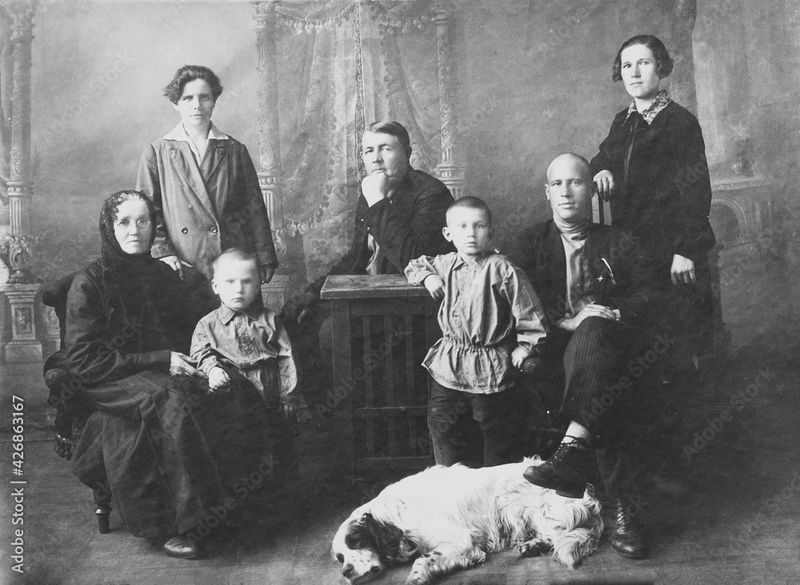
In a bygone era, this phrase was about celebrating individual taste. Now? It smacks of passive aggression.
I wore my boldest outfit to an art gallery opening, and this phrase echoed in my ears like a backhanded compliment.
It’s a way of saying, “Your tastes are questionable, but you seem content.” When someone says this, nod with confidence. After all, happiness is the best fashion statement!
13. You must be very proud
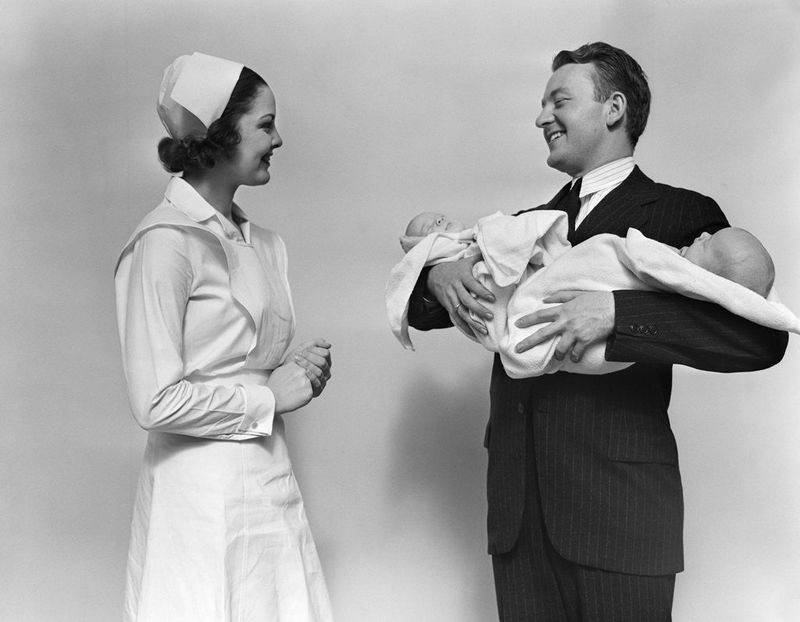
Once a congratulatory remark, “You must be very proud” now often reeks of patronization.
I showed my aunt my carefully curated stamp collection, and she uttered this phrase with a tone that was more condescending than congratulatory.
It’s as if they’re patting you on the back for a kindergarten art project. Take it with a pinch of salt and hold your head high. Pride is yours to claim!
14. You’ve certainly made a statement
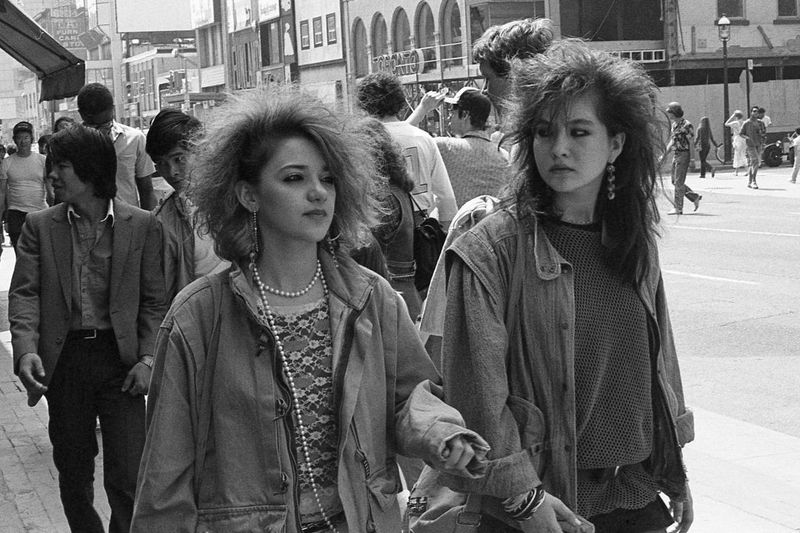
In days gone by, this phrase applauded boldness. Nowadays, it’s a euphemism for a fashion faux pas.
I strutted into a gathering with my vibrant ensemble, and this phrase was the polite way of saying, “What on earth are you wearing?”
It’s a gentle nudge that your statement might be a bit too loud, but in a world of beige, why not be bold? Make your statement unapologetically.
15. You’re aging gracefully
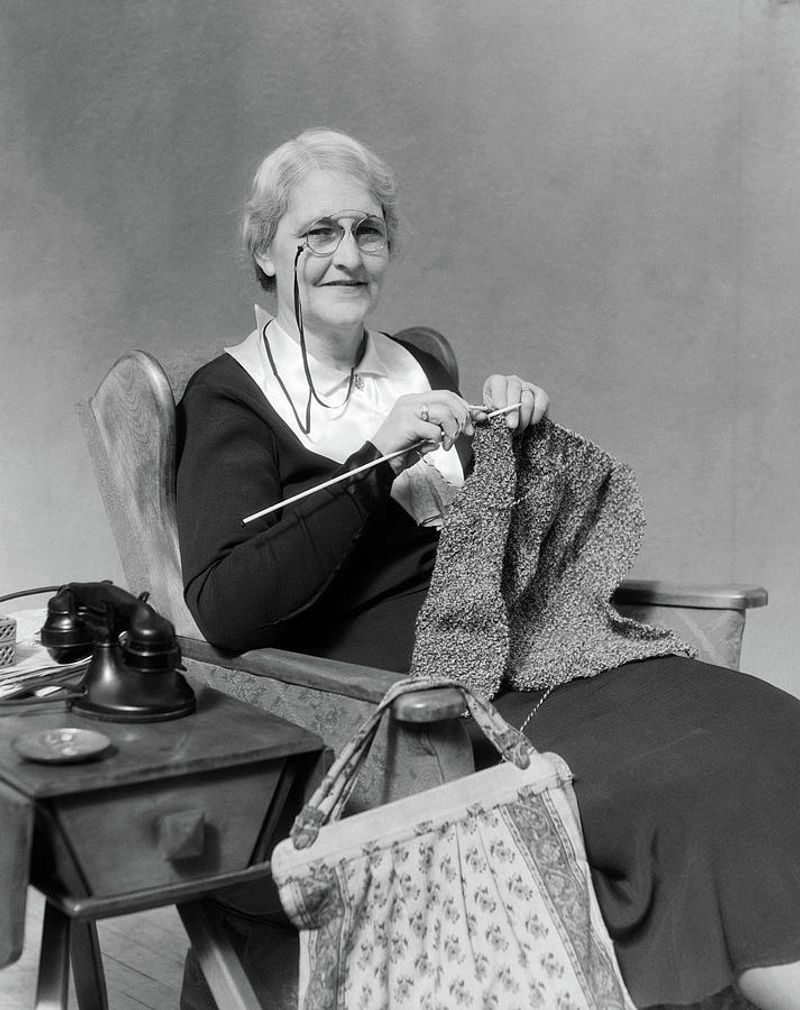
“You’re aging gracefully” was once the highest praise, but now it’s a subtle nod to advancing years.
I heard this after my 50th birthday, and it left me pondering if it was a genuine compliment or a reminder of the relentless march of time.
In today’s world, it’s a double-edged sword, a compliment wrapped in a reminder of age. Embrace the grace; age is just a number.
